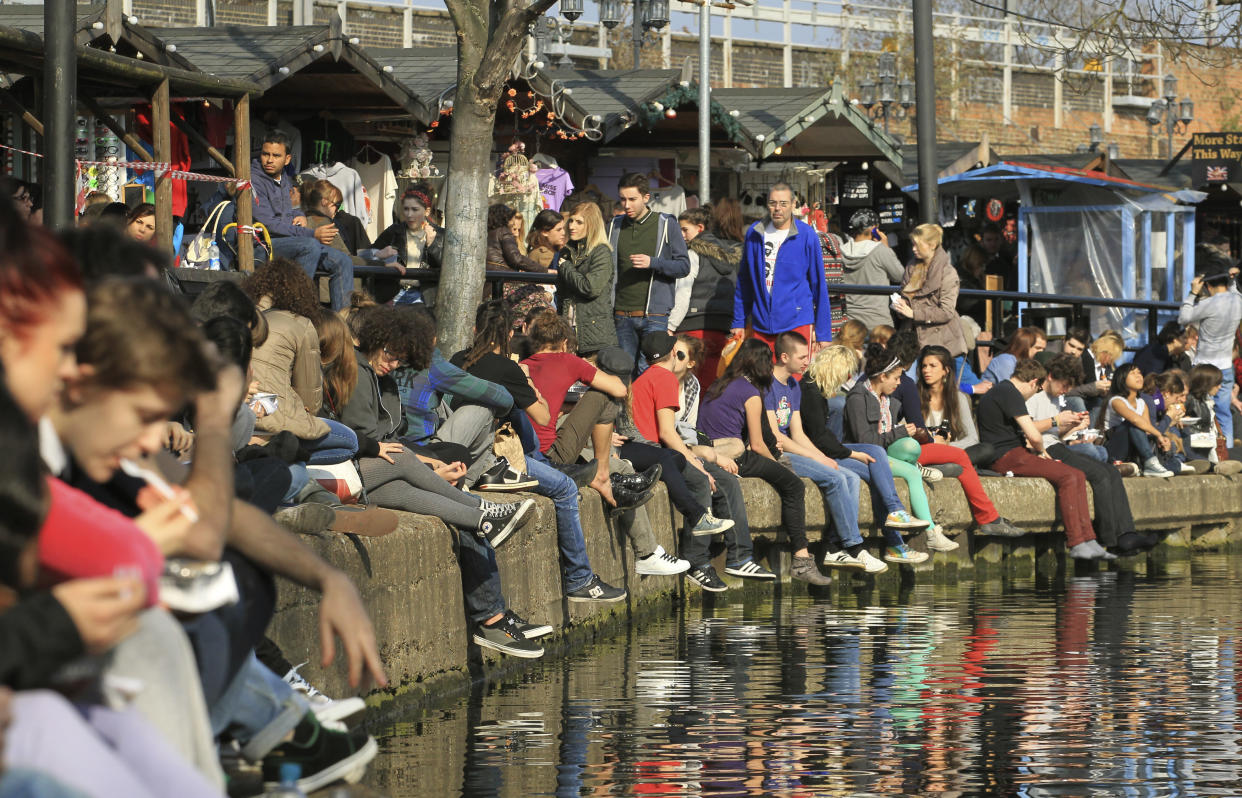UK economic recovery slows as spending falls

UK’s GDP growth was slower in July than anticipated, despite an ease of lockdown restrictions, as the economy continues to be plagued by supply bottlenecks, labour shortages and the Delta COVID-19 variant.
GDP grew by 0.1% in July, although some analysts had expected a 0.5% rise.
This is the sixth consecutive month of GDP growth but the figure remained 2.1% below its level in February 2020, which the Office for National Statistics (ONS) said “was the most recent month not significantly affected by the coronavirus pandemic”.
Leisure and entertainment saw good growth, reflecting the easing of restrictions, but this was not enough to offset falls within construction and retail.
Production output increased by 1.2% in July 2021 and was the main contributor to GDP growth, boosted by the reopening of an oil field production site, which was temporarily closed for maintenance.
The extraction of crude petroleum and natural gas industry was a bright spot, growing by 28%.
Services output remained broadly flat in July 2021 and remains 2.1% below its pre-pandemic level.
The fastest-growing service industry was air transport, which increased by 118.4% after it became easier to travel internationally.
However, the sector is still very subdued compared with February 2020, before the pandemic.
Construction contracted for a fourth consecutive month, with output down by 1.6% in July 2021, and is now 1.8% below its pre-pandemic level.
Read more: European markets rise as UK economy recovery slows
Arts, entertainment and recreation activities grew by 9%, as sports clubs and amusement parks opened up.
Output in consumer-facing services fell by 0.3% in July 2021, its first fall since January 2021 mainly because of a 2.5% fall in retail sales.
Jonathan Gillham, chief economist at PwC, said: "The coming months will be interesting – in recent months GDP figures have benefited significantly from sectors reopening. However, the economy now is being hit by a continued wave of structural problems – exports to the EU fell, but did not grow fast enough to other countries to offset this fall, the shortage of HGV drivers and the number of people needing to self-isolate. Some of these issues will soften over the coming months, but the recovery may well continue to stall if they are not resolved."
Stuart Cole, head macro economist at Equiti Capital, said the next big hurdle facing the economy “will be the ending of most government support measures this month, including the jobs furlough scheme".
He added that fears over the rising number of delta variant infections and the suggestions of a ‘firebreak’ lockdown in October "will do nothing but suppress both consumer demand and confidence”.
The ONS also announced that total exports of goods, excluding precious metals, fell by £300m ($416m), or 1%, in July 2021 because of a £0.9bn (6.5%) fall in exports to the EU; while exports to non-EU countries increased by £0.7bn (5%).
"Previously announced timings of the UK leaving the EU and the subsequent transition period, along with the impact of the coronavirus pandemic, have caused higher levels of volatility in trade statistics in the past two years," it said.
Watch: What is a recession?


